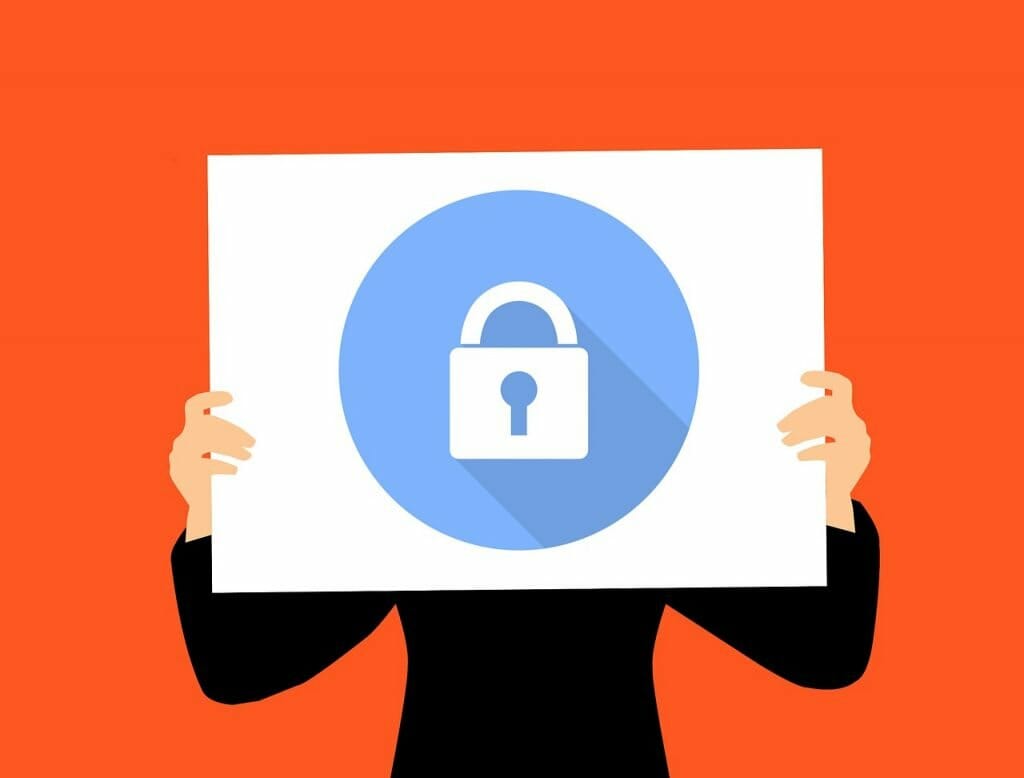
In both large and small businesses, security matters are often likened to bureaucracy. In real life, security is an ongoing journey.
For instance, when Ford rolled out its Model T at the beginning of the 20th century, it lacked seat belts. These safety features only became common in all the car units in the 1950s. Policies would later be implemented in the 1970s to ensure that all new cars were fitted with seat belts. Despite their importance, there was a need for a cultural shift in a bid to persuade people to start using car seat belts. When it comes to security and safety, the more people that are involved in finding a solution or preventing an issue, the better the progress.
Once everybody in your company is conversant with how various habits can compromise security, as well as what is at stake, only then will a compliance culture be established.
People are the Security Foundation
Over 15 billion gadgets make up today’s IoT, including cloud-based, machine-to-machine communication such as refrigerators or thermostats linked to the Internet. With most hackers continuing to leverage such gateways in a bid to gain access to vital data, and with a considerable portion of our work undergoing cloud processing, security breaches have become part of our day-to-day lives (both at work and home).
Sadly, it seems impossible to come up with a code that can ensure absolute security against hackers or even security breaches, as systems are increasingly becoming more linked. Computing companies realized a long time ago that open-source security is the ultimate protection for their operations. Nevertheless, people are currently the perpetrators and victims of security breaches, even though it is unintentional at times.
Companies cannot expect each of their workers to completely understand how to deal with and overcome the world’s botnets.
However, having sensible security cultures for your company can come in handy.
If you are a business executive or leader, here are five steps to promote a compliance culture that will help you shield your company from a security breach.
- Evaluate the security of your organization. You can start by making various assessments to assist you in determining where your business needs to boost its security, including carrying out a social engineering evaluation to attain a better understanding of the most vulnerable points. By doing so, you will be in a better position to identify the groups that require extra help to incorporate them into your company’s security culture.
- Facilitate self-service. Instead of feeding people with security information; try providing them with valuable resources including scripts, processes, and tools to help them in accessing the data they are permitted to view. This will assist in preventing unintentional leaking of critical information. Even though all the heads of departments ought to be in a position to respond to general queries, established processes can assist in guiding employees on what to do when faced with security concerns or issues.
- Market internally. Although coming up with reasonable security habits might be the role of security professionals, strengthening and instilling them across a company requires effective marketing initiatives. You need to ensure that your marketing team attends training sessions about security awareness, as well as create a “brand” revolving around the best habits that workers can not only relate to but also recall.
- Make a budget dedicated to security. Excellent security routines can be gauged, even though not by return on investment (ROI). These practices are the essential costs of conducting business based on the risk profiles of your company. Bear in mind that a robust security plan ought to be incorporated in your budgeting process. A simple cost-effective starting point can be the issuance of photo ID cards and lanyards, either printed in-house or through a reputable service provider such as Digital ID.
- Define all responsibilities. Since the head of security oversees the safety policies of your organization, you have to ensure that he is present whenever you are planning critical projects. A good security officer must be given a significant amount of power to help him direct projects by leveraging a protected development life cycle.
With continuous technological advancement, cases of data breaches have become rampant to the point that people and organizations have started accepting them as normal life situations. Nevertheless, this does not mean that your company, business, or organization should be one of the victims of the malicious act. To win the fight against security breach, you must keep in mind that people (your employees) can act as your company’s defense when everything else seems to fail. For this reason, make sure that you arm or equip them with the relevant tools and knowledge needed to not only keep your company safe but also agile and competitive enough. This effort will help you and your employees overcome seemingly insurmountable odds and keep the business running.

Author Bio
Ken Lynch is an enterprise software startup veteran, who has always been fascinated about what drives workers to work and how to make work more engaging. Ken founded Reciprocity to pursue just that. He has propelled Reciprocity’s success with this mission-based goal of engaging employees with the governance, risk, and compliance goals of their company in order to create more socially minded corporate citizens. Ken earned his BS in Computer Science and Electrical Engineering from MIT. Learn more at ReciprocityLabs.com.
This is an article provided by our partners network. It might not necessarily reflect the views or opinions of our editorial team and management.
Contributed content

Founder Dinis Guarda
IntelligentHQ Your New Business Network.
IntelligentHQ is a Business network and an expert source for finance, capital markets and intelligence for thousands of global business professionals, startups, and companies.
We exist at the point of intersection between technology, social media, finance and innovation.
IntelligentHQ leverages innovation and scale of social digital technology, analytics, news, and distribution to create an unparalleled, full digital medium and social business networks spectrum.
IntelligentHQ is working hard, to become a trusted, and indispensable source of business news and analytics, within financial services and its associated supply chains and ecosystems





























